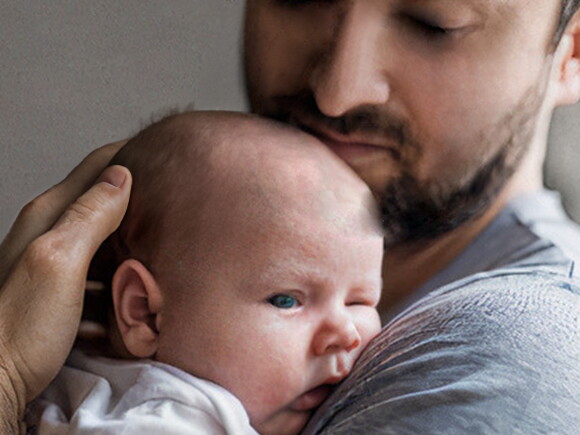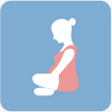
All About 0-6 Months Baby
Every tiny touch, cry, yawn and countless emotions when becoming a parent can spark a million questions running through your mind. Luckily we’ve collected and shared all of our learnings here.

Frequent sneezing, coughing, skin breaking out into hives or rashes, stomach ache or nausea after eating certain foods can be signs of allergies in children. Allergy is indeed a health condition involving the immune system. Usually, our immune system is trained to attack infectious bacteria and viruses.

It is common for babies to get diarrhea, but do you know when it is time to worry?

A premature baby is a baby born earlier than 37 completed weeks of pregnancy. A Low birth weight baby instead, is a baby having a birth weight of less than 2500 g and can be born prematurely or at full term. Preterm infants have immature body structures and functions, resulting in high and unique nutritional needs.

One of the most common problems your baby might experience is constipation. It is a common problem in primary care, accounting for approximately 3% to 5% of all office visits and 10% to 25% of all pediatric gastroenterology referrals. Constipation is one of the ten most frequent problems that a general pediatrician deals with. In most cases, constipation in babies has no underlying medical condition.

As parents, you must have seen your baby spit up and it often seems like everything they just ate comes right back up. In simple words, spit-up or regurgitation is the movement of stomach contents back into the oesophagus, and sometimes through the mouth and nose. Spitting up is common in infancy and if uncomplicated, is not a sign of illness. Sometimes, infants are known as "happy spitters", because they are not cranky and do not appear to be in pain when spitting up.
Still haven't found what you are looking for?
Try our new smart question engine. We'll always have something for you.
































